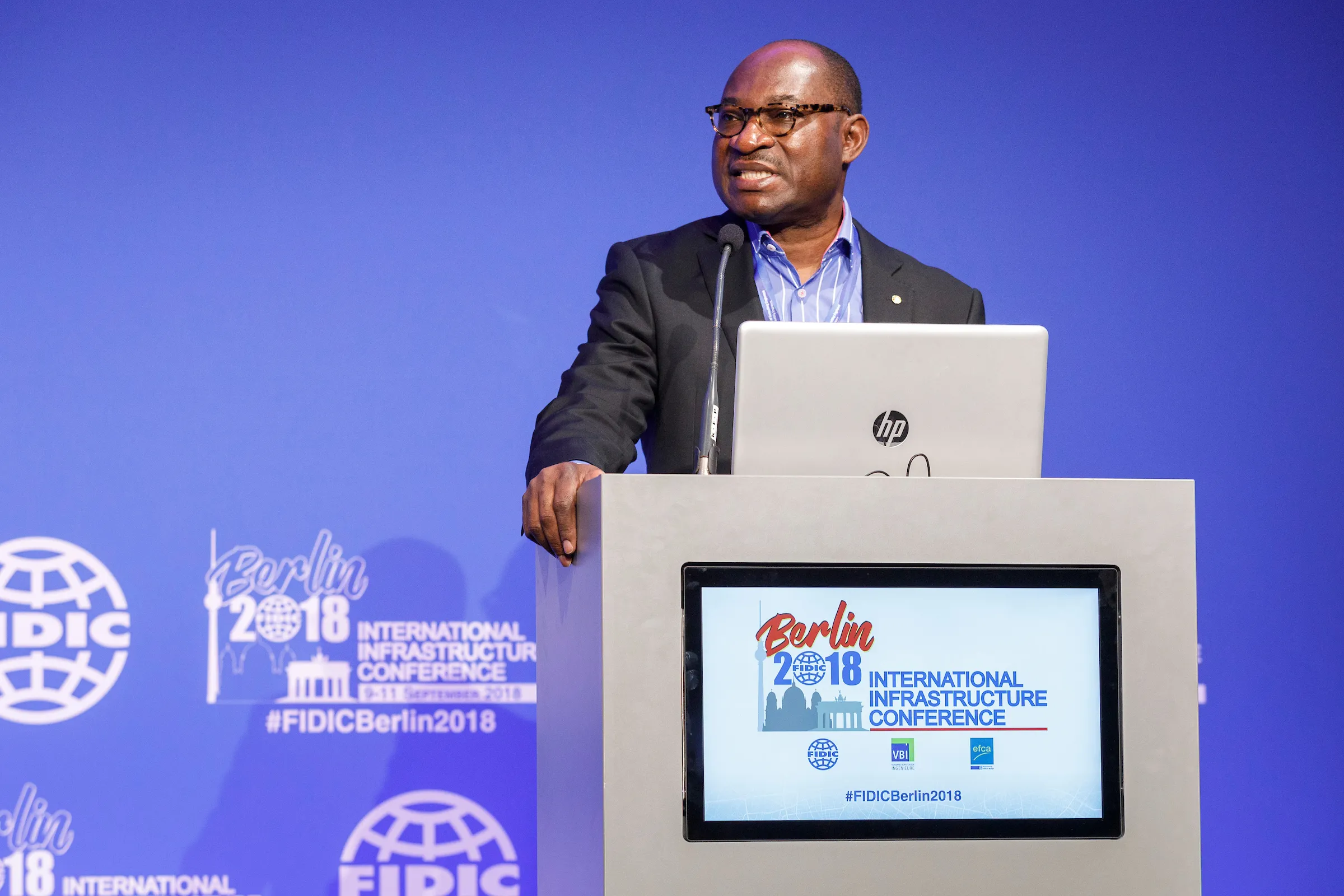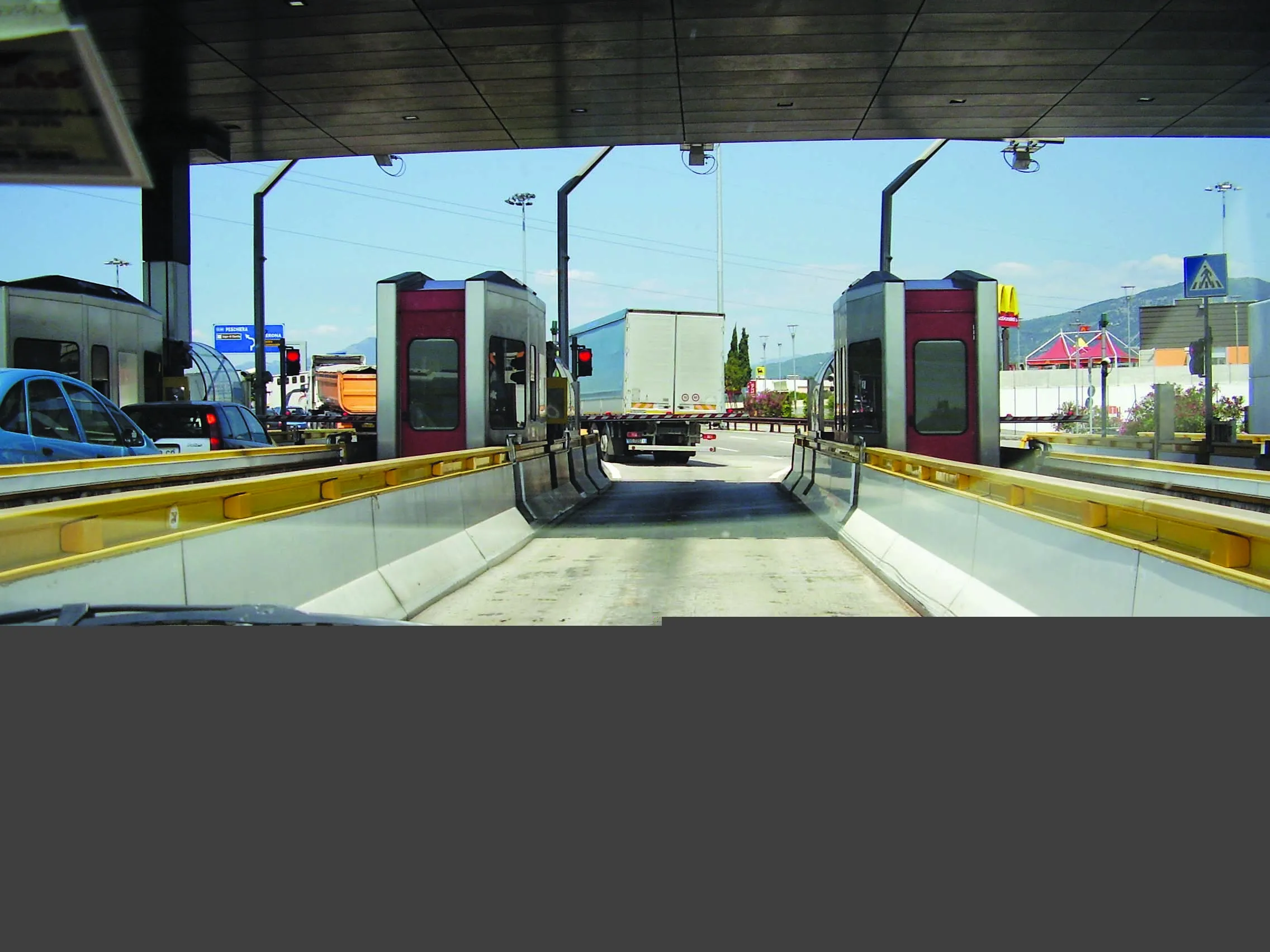
Chief executive Nelson Ogunshakin made his appeal in an address to an audience of government representatives, multilateral development banks, private sector investors and financiers at the recent World Bank Global Infrastructure Facility advisory council meeting in Singapore.
He said that working together to achieve better project definition will improve preparation and investment feasibility, transaction design and implementation as well as post-transaction and financing.
Ogunshakin was addressing a session on standardising project contractual and financial provisions clauses. He said he wanted to see wider use of standardised procurement contractual processes, such as the FIDIC Form of Construction and Professional Services Contract. This will allocate risk to those who are best positioned to manage it.
Similarly, there is a need for greater standardisation on financing documentations.
“FIDIC represents 1.1 million engineering professionals in more than 100 countries and it’s clear from our global experience that the more we adopt a uniform approach in the area of contract and financial provision then the more efficient and effective final project outcomes can be,” said Ogunshakin.
FIDIC is an advisory to the bank’s Global Infrastructure Facility. Collectively, its members of governments, multilateral development banks, private sector investors and financiers have more than US$1.2 trillion of infrastructure assets under management.







